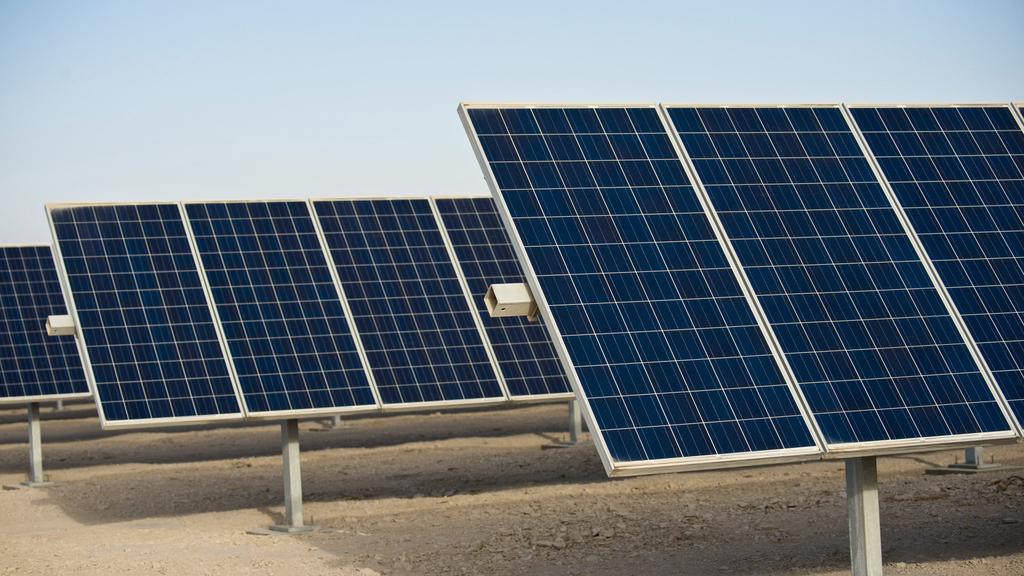No doubt, electricity from solar energy has received widespread popularity and global adoption with cost of production dropped by almost a half over the last three decades. It is projected that the price of solar power systems will drop progressively in the coming years as a result of the increasing quest for environmentally friendly energy source, “power for all initiatives” across countries and innovative energy sector research enabled largely by massive government subsidies.
Consequently, this article attempts to provide analytical perspectives on the ongoing debate about solar electricity becoming the springboard for bridging the gap of energy need for the poor especially in developing countries.
According to Economic Trends in its October 2019 publication, solar electricity production in the US was subsidised to $43.75 per billion kilowatt hours (BKWH) compared to $1.04 per BKWH for coal, and $0.46 per BKWH for nuclear energy over the past three decades. Even with these massive subsidies, the levelized Cost of Electricity (LCOE) produced by photo voltaic solar remain far lower than outputs from coal sources, while electricity produced by thermal sources is put at 239 percent greater than that of coal. The US is not alone in the metrics for energy sources because in reality, the picture painted above is consistent with experiences in other developed economies.
Despite huge subsidies in solar across countries, solar power accounted for less than 1% of
world’s electric energy source in 2018. It is estimated that replacing half of coal production with solar in the US alone would cost consumers approximately $2.9 billion in generation costs annually. This translates to approximately five years cumulative power sector budget in Nigeria which suggest that we are still far from harnessing the potentials of our luminous weather conditions. In addition, with a total debt profile currently at over N25 trillion ($80 billion) with debt servicing accounting for about 45 percent of total annual federal government revenue, it is increasingly difficult to channel new sovereign loans that targets solar energy development.
Moreover, it is widely believed that subsidy schemes in Nigeria from fertilizers to refined petroleum products and public education over the years are marred by inefficiencies and poor outcomes. Available data shows that, as a share of income, the lowest segment of income earners in Nigeria currently spends about 140 times more than that of the highest quartile of income earners on utilities. It is noted that middle to upper level households currently operate 3-4 independent sources of electricity (discos, generator plants, inverter systems and batteries, solar panels and other chargeable peripherals) in the country. This reality is a metaphor of the deepening spate of inequality and poverty crises in the country.
To illustrate, one of the recent and arguably the most popular market driven attempts at addressing electricity for the poor through solar source in Nigeria is the MTN Mobile Electricity (a.k.a Yellow Box) launched about three years ago. Feedbacks from consumers show an extraordinary drop in users’ motivation for the device and general lack of capacity to sustain the minimum monthly recharge fees of N4,840 (N46,720 per year).
Apart from the approximately N30,000 cost of buying the system, users are required to pay daily recharge fees of N162 over a period of 5 years (1,800 days) before the device will unlock and allow free access without further payment. Our survey feedback confirms that the “Yellow Box” model is yet another less than optimal approach to serve the poorer segment in Nigeria with the much-needed electricity power.
As host of experts continues to converse for replacing fossil/coal with solar in poor nations, available data and compelling realities seem to suggest otherwise. We believe that our quests to join the countries already advocating for clean energy (i.e., stopping the production/use of cars with carbon emissions by 2030 and production of electricity that has carbon emissions by 2035) is legitimate. However, our efforts for now should primarily focus on effective measures and home-grown approaches to lift over 100 million people in Nigeria out of extreme poverty and reduce the rising income inequality.
Source: Businessdayng




